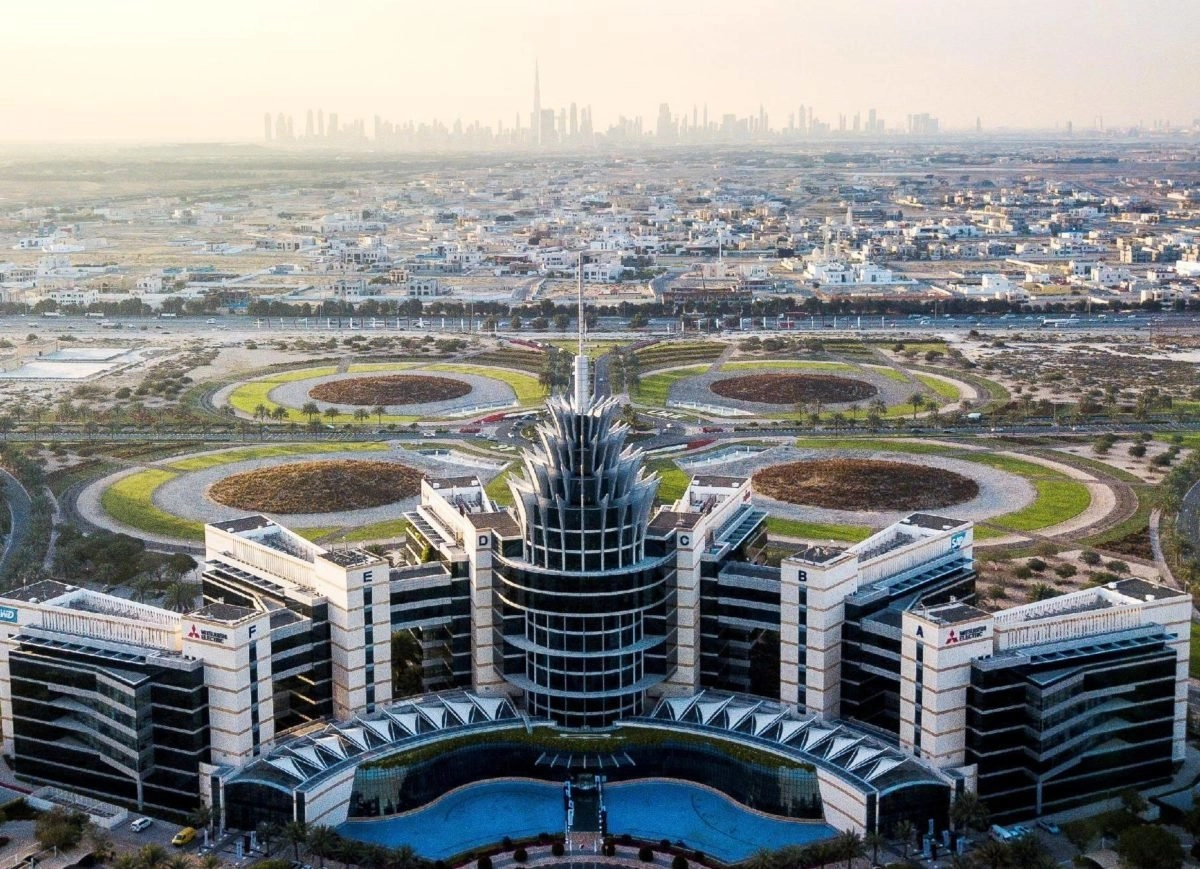Now Reading: How UAE’s E-Commerce Revolution is Redefining Retail Success 2025
-
01
How UAE’s E-Commerce Revolution is Redefining Retail Success 2025
How UAE’s E-Commerce Revolution is Redefining Retail Success 2025

Table of Contents
E-commerce in the United Arab Emirates (UAE) is experiencing an incredible rise, turning the nation into one of the Middle East’s fastest-growing digital markets. Over the past few years, the UAE has built a strong digital economy powered by innovation, world-class infrastructure, and tech-savvy consumers. Today, the country stands as a regional hub for online shopping, digital payments, and logistics excellence.
The Rapid Growth of UAE’s Online Shopping Market
E-commerce in the UAE has grown at an astonishing pace, driven by changing consumer behavior and digital transformation. According to various market reports, the UAE’s commerce market is expected to exceed USD 17 billion by 2025. The growth has been fueled by an increasing number of young consumers, high smartphone penetration, and the convenience of fast, reliable delivery services.
Dubai and Abu Dhabi are at the center of this transformation. From luxury fashion and electronics to groceries and real estate, nearly every product category now has a strong online presence. Platforms like Amazon.ae, Noon, Namshi, and Carrefour UAE are witnessing record sales, with customers relying more on digital shopping than ever before.
What Drives E-Commerce Success in the UAE
Several key factors have contributed to the rapid rise of e-commerce in the UAE:
1. High Internet and Smartphone Penetration
With over 99% internet penetration, the UAE is one of the most connected nations in the world. Nearly every resident owns a smartphone, which makes online shopping extremely convenient. Mobile-first strategies by e-commerce companies ensure smooth experiences, from browsing to payment and delivery.
2. Government Support for Digital Transformation
The UAE government plays a major role in advancing the digital economy. Initiatives like the UAE Digital Economy Strategy aim to double the contribution of the digital sector to the national GDP by 2032. The Dubai Paperless Strategy and smart government services also encourage businesses and citizens to embrace technology-driven solutions.
3. Secure and Diverse Payment Options
The rise of secure digital payment gateways such as Apple Pay, Google Pay, and local fintech platforms has boosted consumer confidence. Cash-on-delivery, once the preferred payment mode, is gradually being replaced by online transactions, reflecting a shift toward a cashless economy.
4. World-Class Logistics and Infrastructure
The UAE’s advanced logistics network allows for same-day or next-day delivery across major cities. Global shipping companies and local logistics startups have improved delivery timelines and tracking systems. With initiatives like Dubai CommerCity, the first dedicated e-commerce free zone in the region, the country is strengthening its global trade position.
The Impact of COVID-19 on E-Commerce Growth

The COVID-19 pandemic accelerated digital transformation across the UAE. Lockdowns and social distancing measures encouraged consumers to shift from traditional retail to online shopping. Businesses that once relied solely on physical stores quickly adapted to digital platforms to stay competitive.
This sudden shift reshaped consumer expectations. Today’s shoppers demand personalized experiences, quick delivery, and simple return policies. In response, e-commerce platforms invested heavily in artificial intelligence (AI), chatbots, and customer analytics to enhance user experience and predict buying patterns.
Emerging Trends Shaping UAE’s E-Commerce Future
The UAE’s e-commerce sector continues to evolve, supported by innovation and changing consumer habits. Some of the major trends transforming the industry include:
1. Rise of Social Commerce
Social media platforms like Instagram, TikTok, and Facebook are becoming new shopping destinations. Influencers and content creators play a huge role in promoting brands and driving direct sales. Shoppers can now discover, review, and buy products without leaving the app.
2. Focus on Sustainability and Green Packaging
As environmental awareness grows, UAE consumers are looking for eco-friendly brands and sustainable delivery options. E-commerce companies are responding with recyclable packaging, carbon-neutral shipping, and local sourcing to reduce their environmental footprint.
3. Artificial Intelligence and Personalization
AI-driven algorithms are helping platforms understand user preferences and recommend products accordingly. Personalized offers, smart search results, and targeted ads improve the overall shopping experience and increase customer loyalty.
4. Growth of Cross-Border E-Commerce
The UAE’s strategic location and world-class logistics make it a gateway for regional and international e-commerce. Many UAE-based online retailers serve customers across the GCC, Asia, and Europe. Global brands also use the UAE as a base to reach Middle Eastern consumers.
5. Rise of Quick Commerce and Delivery Apps
The demand for faster deliveries has given birth to “quick commerce,” where groceries and essentials are delivered in less than an hour. Apps like Talabat, Careem, and InstaShop are thriving as they redefine convenience and speed for consumers.
Small Businesses and Startups Embrace Digital Retail

E-commerce has opened up immense opportunities for small businesses and entrepreneurs in the UAE. Local artisans, fashion designers, and food brands are using digital platforms to reach wider audiences. Platforms like Shopify, TikTok Shop, and Etsy allow small sellers to compete in the same marketplace as global brands.
Moreover, the government supports digital entrepreneurship through programs like Dubai SME and the Khalifa Fund, which help startups develop e-commerce solutions and online marketing skills.
Challenges Facing UAE’s E-Commerce Industry
Despite strong growth, the e-commerce industry faces certain challenges. These include competition between global and local players, the high cost of logistics for small sellers, and the need for faster adaptation to new technologies. Additionally, consumer trust and cybersecurity remain ongoing priorities as online transactions continue to increase.
However, the UAE’s proactive approach to regulation and innovation ensures that these challenges are addressed effectively. The introduction of consumer protection laws, enhanced data privacy standards, and digital literacy initiatives have all contributed to building trust in the e-commerce ecosystem.
The Road Ahead for UAE’s E-Commerce
The future of e-commerce in the UAE looks incredibly bright. With rising consumer demand, ongoing digital innovation, and strong government support, the country is on track to become a global leader in online retail.
Experts predict that by 2030, e-commerce will contribute significantly to the UAE’s non-oil economy, creating thousands of jobs and inspiring a new generation of tech entrepreneurs. As physical and digital retail continue to merge, the UAE is setting a benchmark for what a smart, connected, and customer-centric retail future can look like.
Do Follow Estate Magazine on Instagram
Read More:- Top 10 Property Brokers in Dubai You Need to Know Now



















